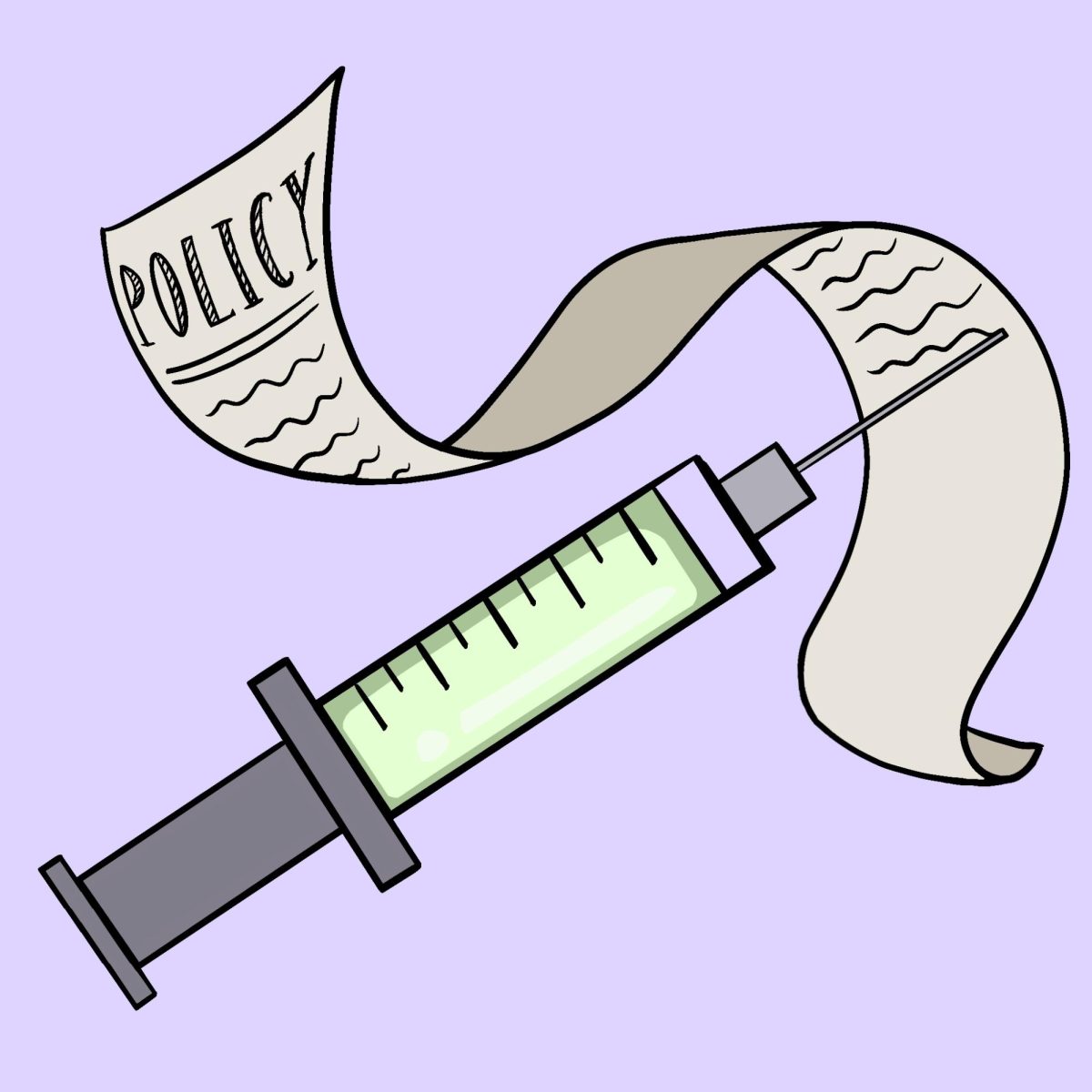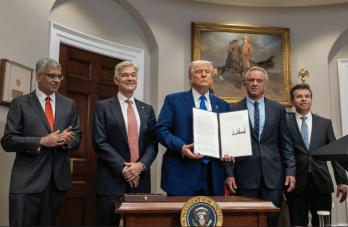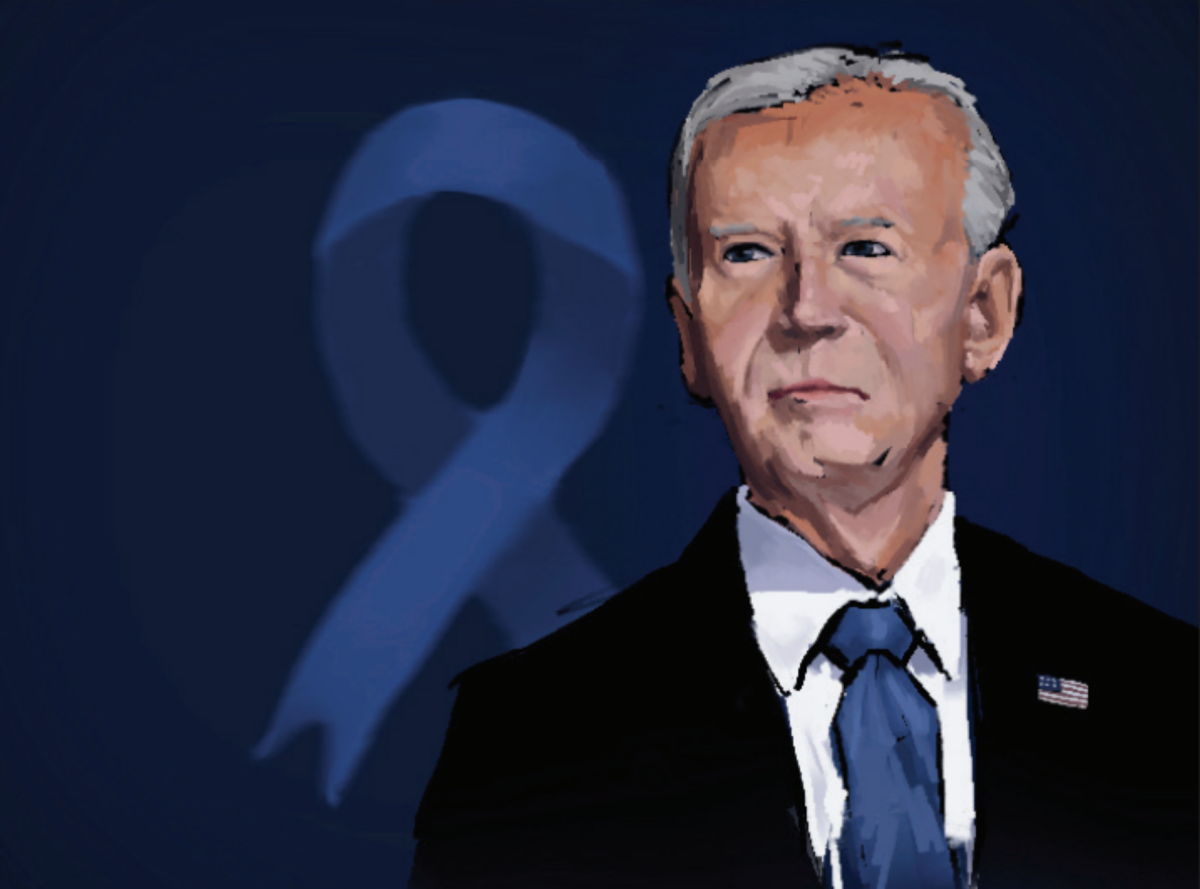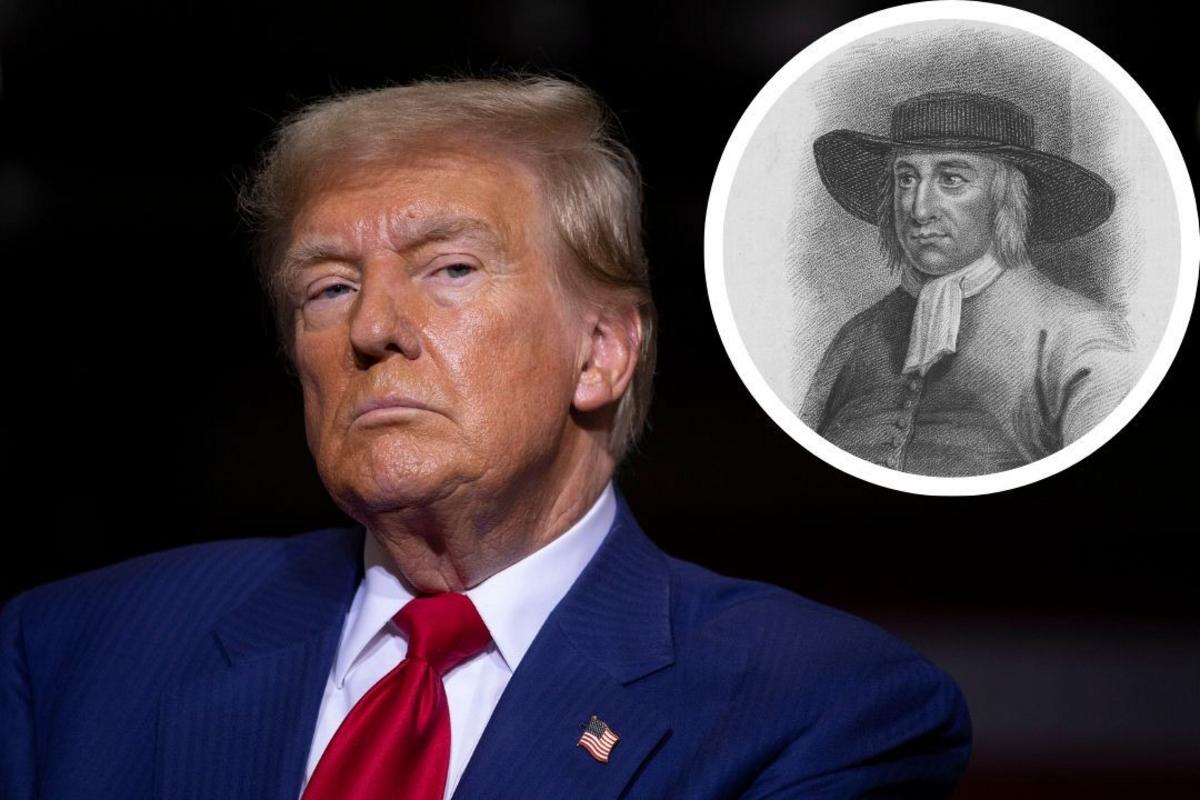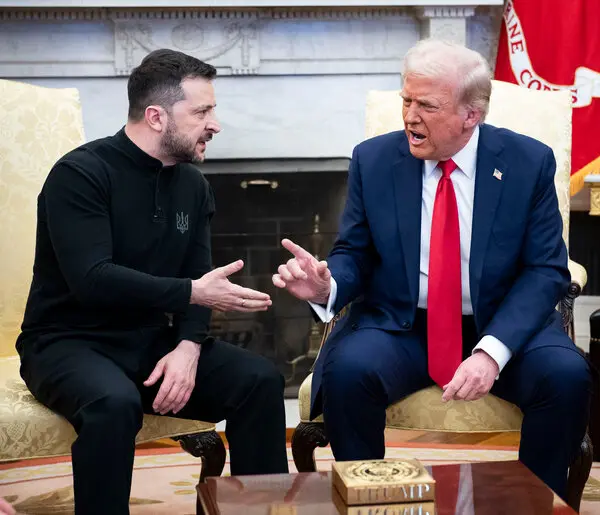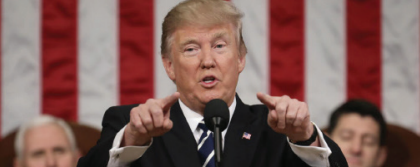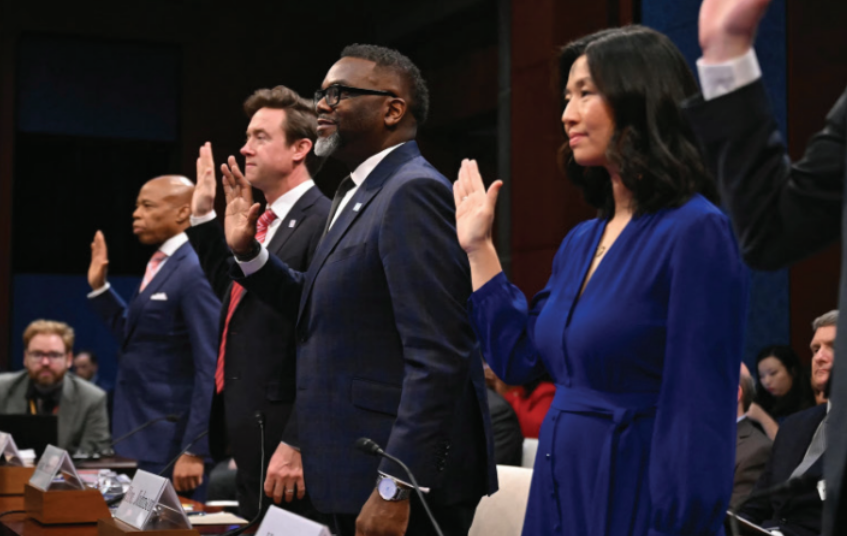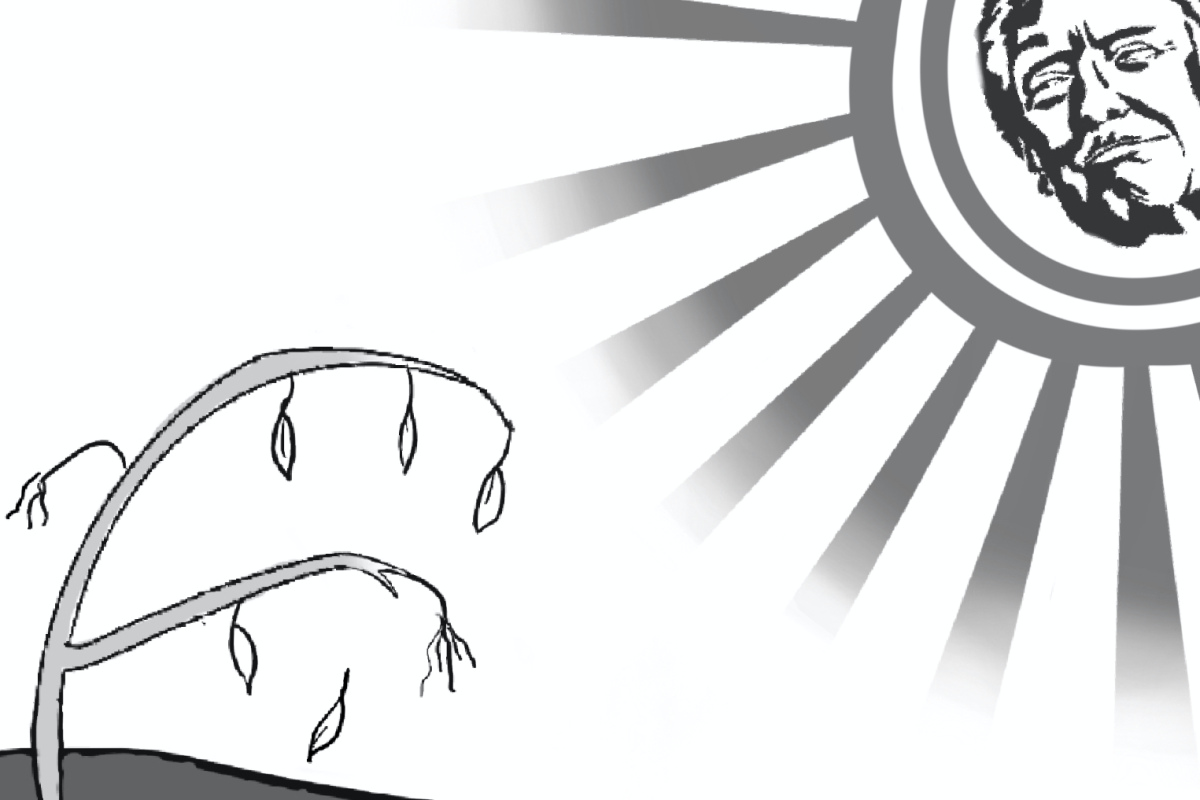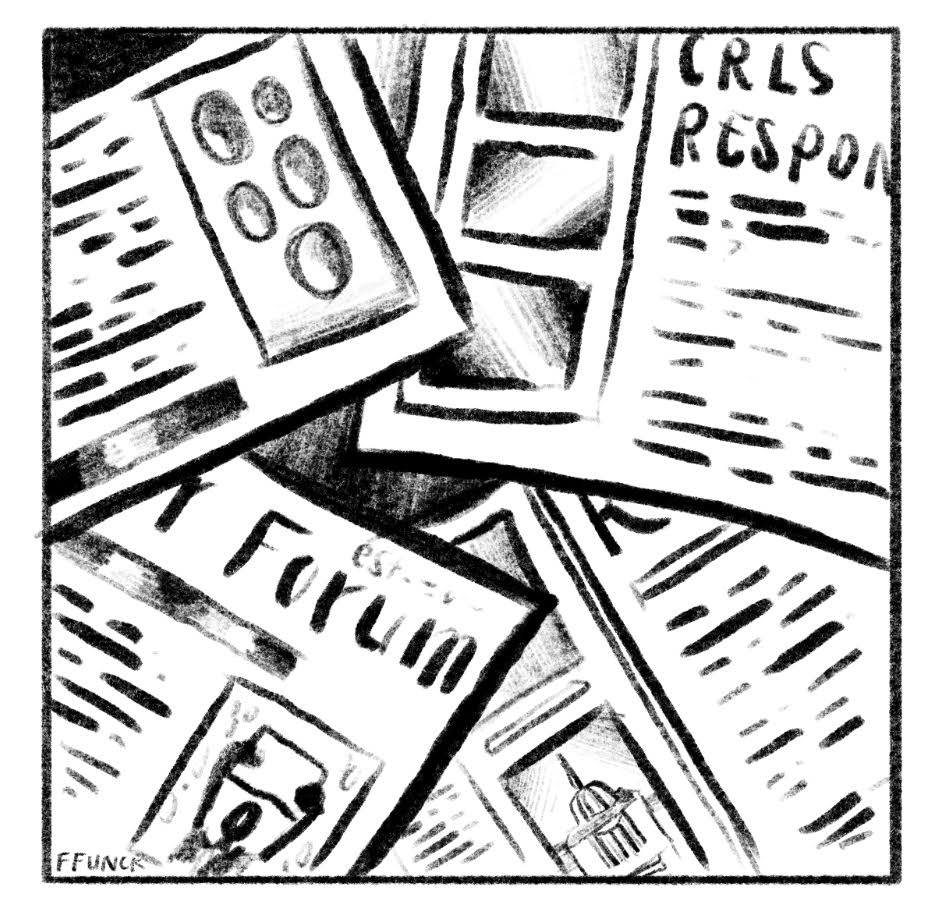Since his appointment by President Donald Trump as the Secretary of the Department of Health and Human Services (HHS), Robert F. Kennedy Jr. has fired swathes of employees and withdrawn hundreds of millions of dollars in research funding. Seeking to upend the long-standing narrative around vaccines in public policy, Kennedy has turned institutions like the Center for Disease Control and Prevention (CDC) and the National Institutes of Health (NIH) inside out in his endeavor to ‘Make America Healthy Again.’
Influenced by the beliefs that vaccines cause autism and that ‘Big Pharma’ is pulling strings in Congress, Kennedy has sought to loosen guidelines around vaccines and ‘clean up the cesspool of corruption.’ In practice, this ‘cleaning’ has involved purging individuals that do not align with his strong skepticism of vaccines. Kennedy fired the entire Advisory Committee on Immunization Practices in early June—a panel that informs the CDC’s decisions around vaccines—and replaced all 17 members with vaccine skeptics. In late August, Susan Monarez, the then director of the CDC and Trump’s own nominee, was ousted after she allegedly “refused to rubber-stamp unscientific, reckless directives and fire dedicated health experts,” as per her lawyer’s statements.
In early August, Kennedy cancelled half a billion dollars in funding for continued research into mRNA vaccines, including work on Covid-19, Measles, Bird Flu, and Influenza—a decision that was met with widespread backlash from the medical community. “Quite frankly this move is going to cost lives,” said former Surgeon General Jerome Adams.
Kennedy’s power over the US’ medical-industrial complex should not be underestimated. Several US medical authorities like the CDC, NIH, and the Food and Drug Administration (FDA) are controlled by the HHS. They are essential for the regulation, development, and funding of vaccines on a federal level. Though the decision of enforcing vaccine mandates and related policies comes down to the states, some of Kennedy’s policies have influenced Florida to remove vaccine mandates in schools. However, his power might be shakier than it seems.
In the past, states have generally aligned themselves with the CDC’s recommendations and guidelines. But now that Kennedy is in charge of the HHS, that norm could be eroding. The Democratic governors of Washington, Oregon, California, and Hawaii are now taking matters into their own hands and forming a new “West Coast Health Alliance,” which will offer alternative recommendations surrounding vaccines. A similar alliance among Democratic states in the northeast may also be on the way.
Contrary to what he might have envisioned, Kennedy’s actions as Secretary of HHS have thrown the US medical-industrial complex into a state of disarray, emphasizing rifts between federal and state institutions as well as provoking bipartisan criticism. Even Trump himself seems to have been drifting away from Kennedy. On Sept. 5th, in regards to vaccines, Trump stated, “pure and simple, they work.”
Kennedy’s actions are just one example of the instability government institutions are currently facing. Though there are some signs of pushback, it seems that it will take a long time for clarity to return to US medicine.

